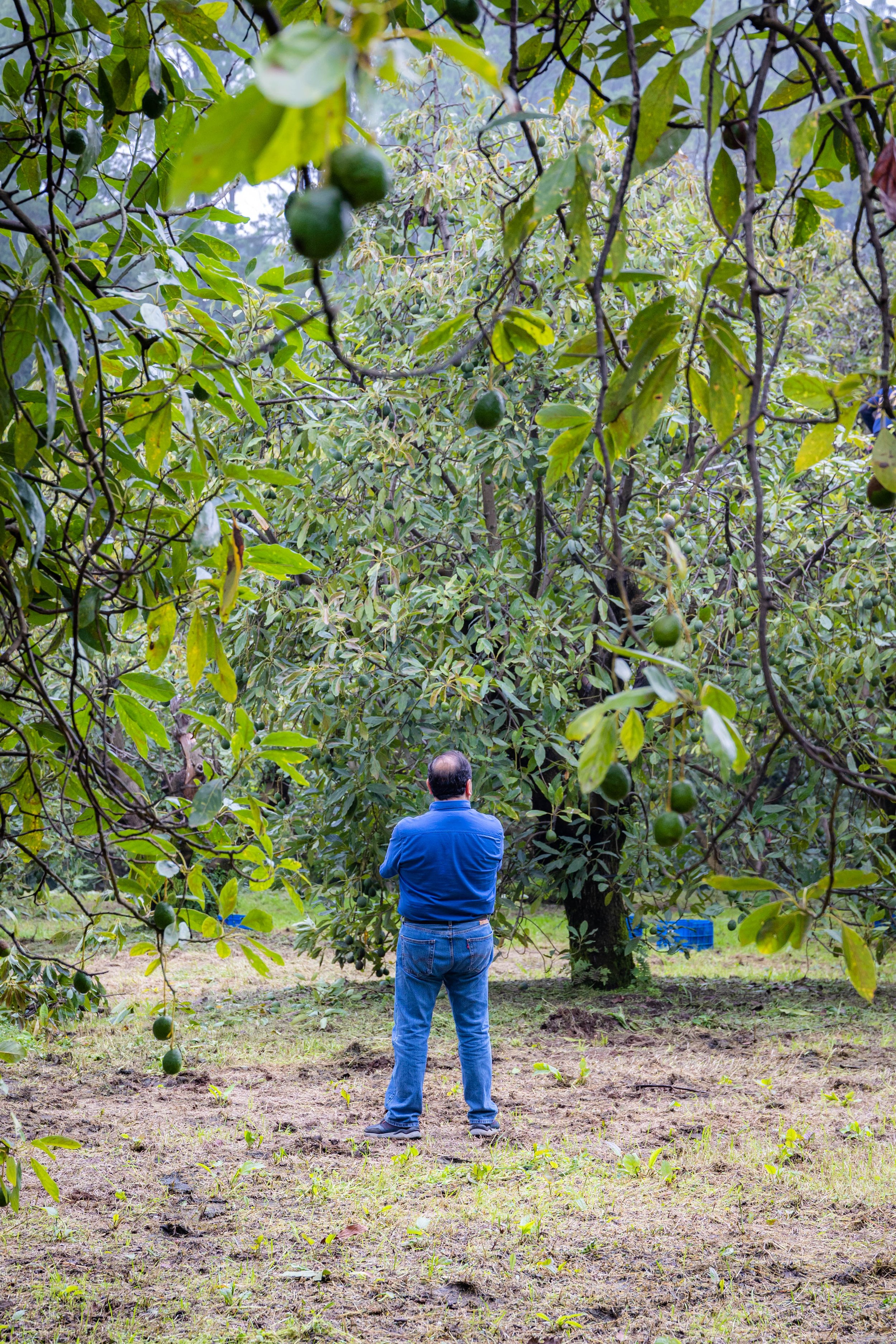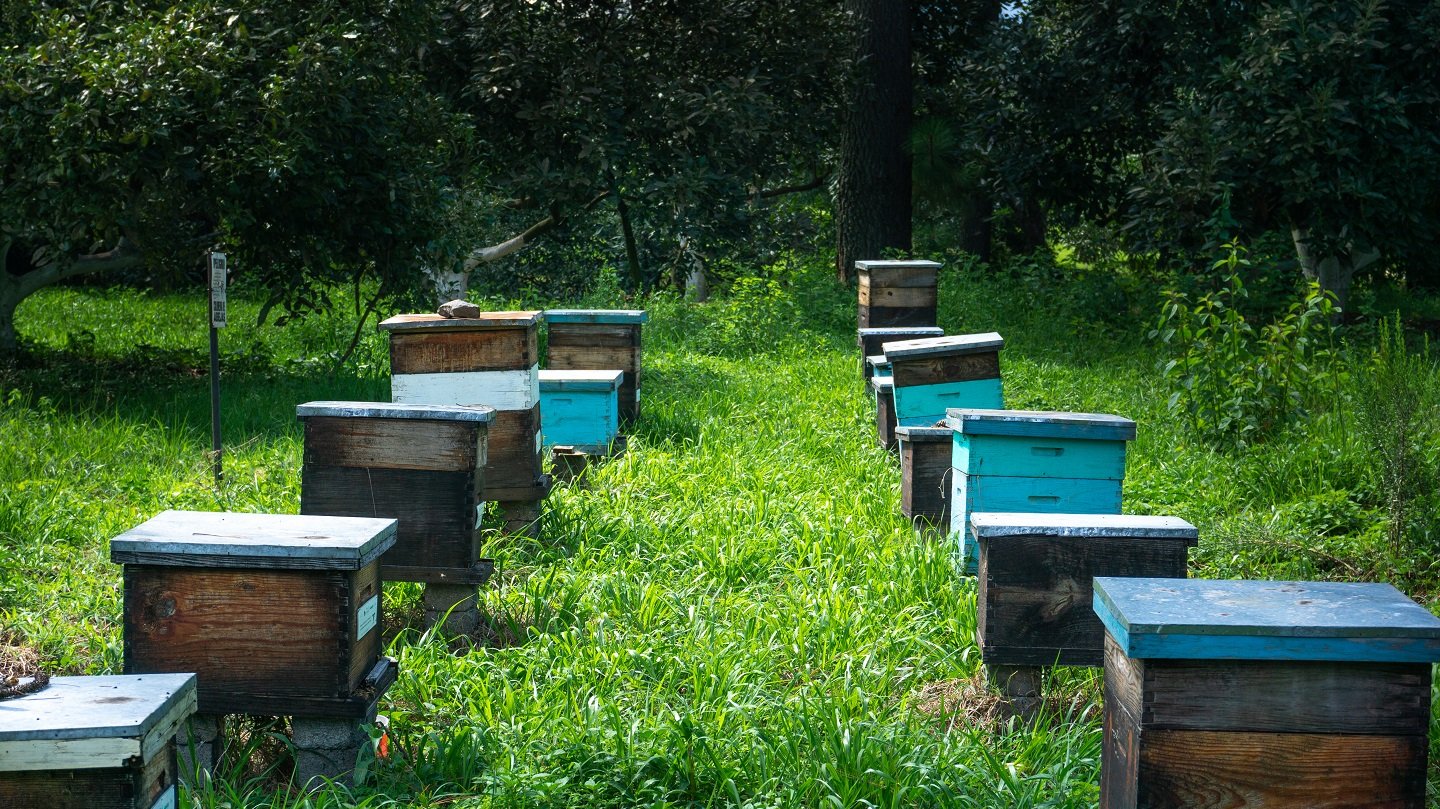Articles

Current Challenges for Small-Scale Avocado Farmers in Michoacán
At Equal Exchange, we take pride in our model of truly responsible sourcing that promotes economic justice, environmental sustainability, and community development in regions where our products are grown. Despite the efforts made to cultivate positive change, however, there are certain macro-level issues that continue to impact our sourcing partners and their communities. For avocado farming co-operatives PRAGOR and Integradora Vics—our partners in the state of Michoacán, Mexico—the most pressing challenges include falling sales prices amid rising input costs, market rigidity in US stores, and the negative effects of climate change.

Truly Responsible Sourcing
Equal Exchange imports avocados exclusively from democratically structured, organic- and Fairtrade-certified cooperatives of small-scale farmers (each possessing under 10 hectares of orchard) in Michoacán. With direct weekly pricing negotiations, additional Fairtrade premiums paid to the cooperatives, and collaborative efforts to maximize efficiency, both parties strive to thrive ethically in an industry dominated by large, foreign-owned corporations.

Cooperatively Grown Avocados: An Interview with PROFOSMI
We all have differing knowledge of the fruit that has quickly become a staple in the North American diet. Through years of successful marketing, consumers have been taught the many health benefits of consuming avocados and that they spread well on toast. Most of us are aware they are native to Mexico, where 88% of the United States’ imported supply comes from. But what does life look like for a small-scale avocado farmer in the Mexican state of Michoacán? And what is the actual difference between a conventional and an Equal Exchange avocado?

Funding Sustainable Futures Through Beekeeping
Las Mujeres Polinizadoras de Tingambato, a women’s apiculturist cooperative that was established by Equal Exchange’s partner cooperative, PROFOSMI. The initiative seeks to offer entrepreneurial skills to economically disadvantaged women through beekeeping.

